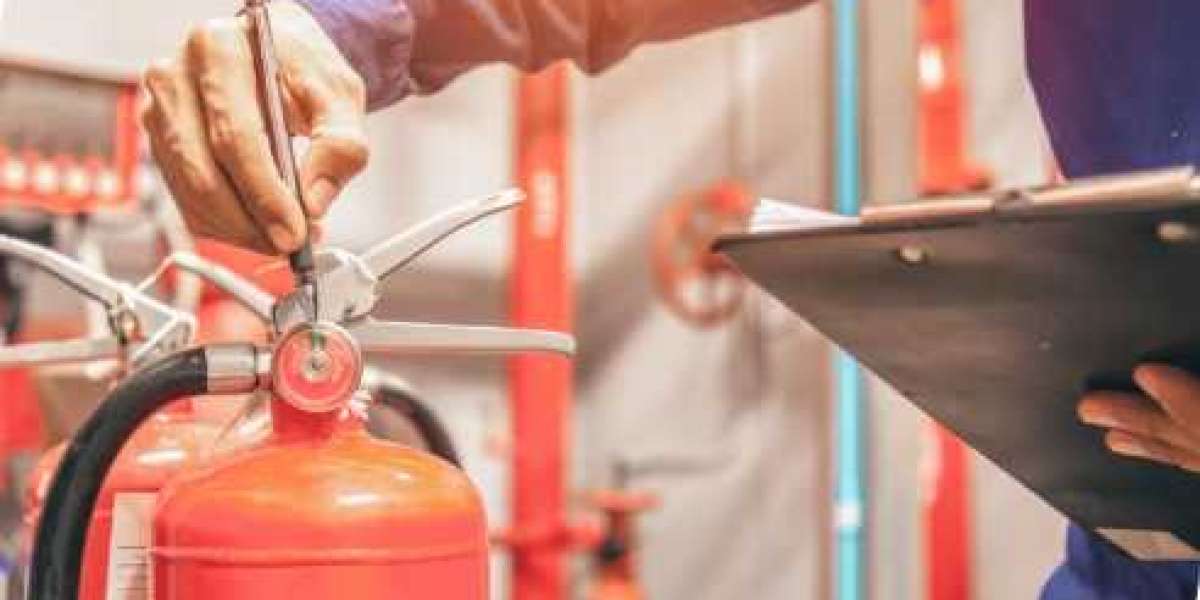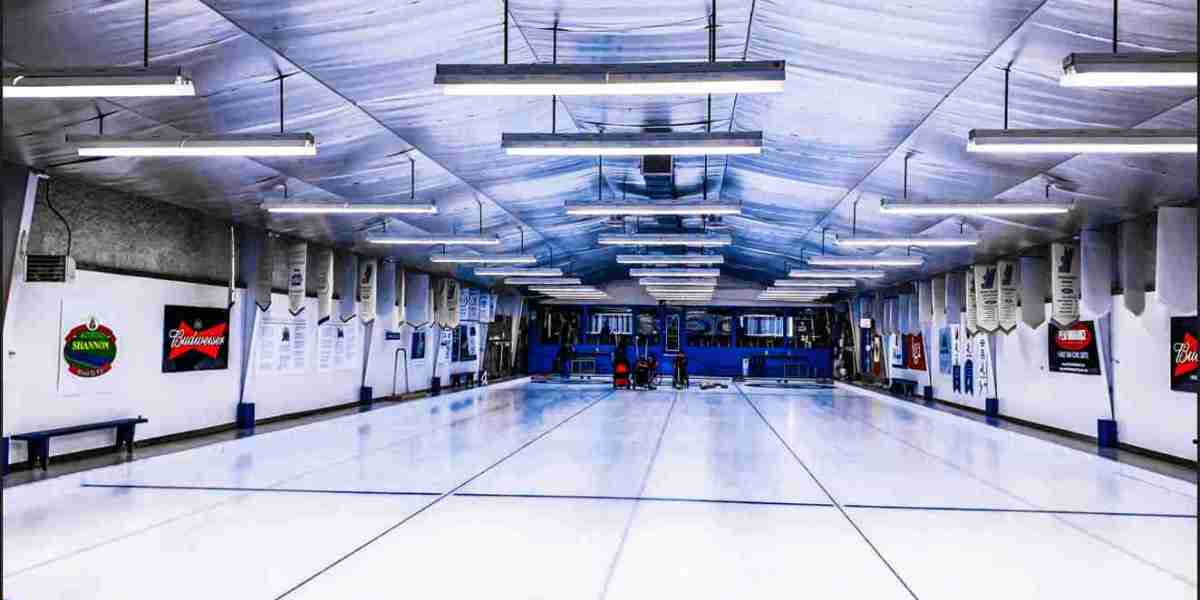Today, we'll explore the importance of halon cylinder and their role in ensuring safety and sustainability.
What is a Halon Cylinder?
Halon cylinders are specialized containers designed to store Halon gas, a fire-extinguishing agent known for its effectiveness in suppressing fires in critical environments. Halon is valued for its ability to quickly and efficiently extinguish fires without leaving residue, making it a preferred choice in applications where traditional water or foam-based suppression methods are unsuitable.
The Importance of Proper Storage
Ensuring the safety and effectiveness of Halon gas is directly tied to how it is stored. Halon cylinders are constructed to withstand high pressures and harsh conditions. Proper storage helps maintain the integrity of the gas inside, which is crucial for its effectiveness in emergencies.
Pressure Control: Halon cylinders are designed to withstand extreme pressures, and they must be stored with utmost care to prevent accidental releases. Routine inspections are essential to identify any potential leaks or damage.
Regulatory Compliance: Government regulations and industry standards mandate proper Halon cylinder storage. Failure to comply with these regulations can lead to severe penalties and environmental harm.
Sustainability: Halon is a valuable resource, and its production has been significantly restricted due to its harmful impact on the ozone layer. Proper storage and maintenance of Halon cylinders can extend the life of this precious resource.
Sustainable Practices for Halon Cylinders
Environmental and Industrial Solutions Co. is committed to responsible Halon cylinder management and encourages sustainable practices in the industry. Here are some strategies to consider:
Regular Maintenance: Schedule routine maintenance and inspections for Halon cylinders to ensure they remain in optimal condition. This reduces the likelihood of leaks and ensures that the gas can be used effectively when needed.
Reclamation and Recycling: When Halon cylinders reach the end of their service life, consider reclamation and recycling programs to recover and reuse the gas. This sustainable approach minimizes waste and conserves this valuable resource.
Alternatives to Halon: Explore alternatives to Halon-based fire suppression systems, such as environmentally friendly gases like FM-200 or inert gases like nitrogen. These alternatives are not ozone-depleting and offer effective fire suppression options.
In conclusion, halon cylinder play a crucial role in safeguarding lives and property. Proper storage, maintenance, and sustainable practices are essential for ensuring the availability and longevity of this vital fire suppression agent. Environmental and Industrial Solutions Co. is dedicated to promoting responsible Halon cylinder management and helping organizations meet safety and sustainability goals.
For more information on Halon cylinders and our range of environmental and industrial solutions, contact us today. Your safety and the environment are our top priorities.







